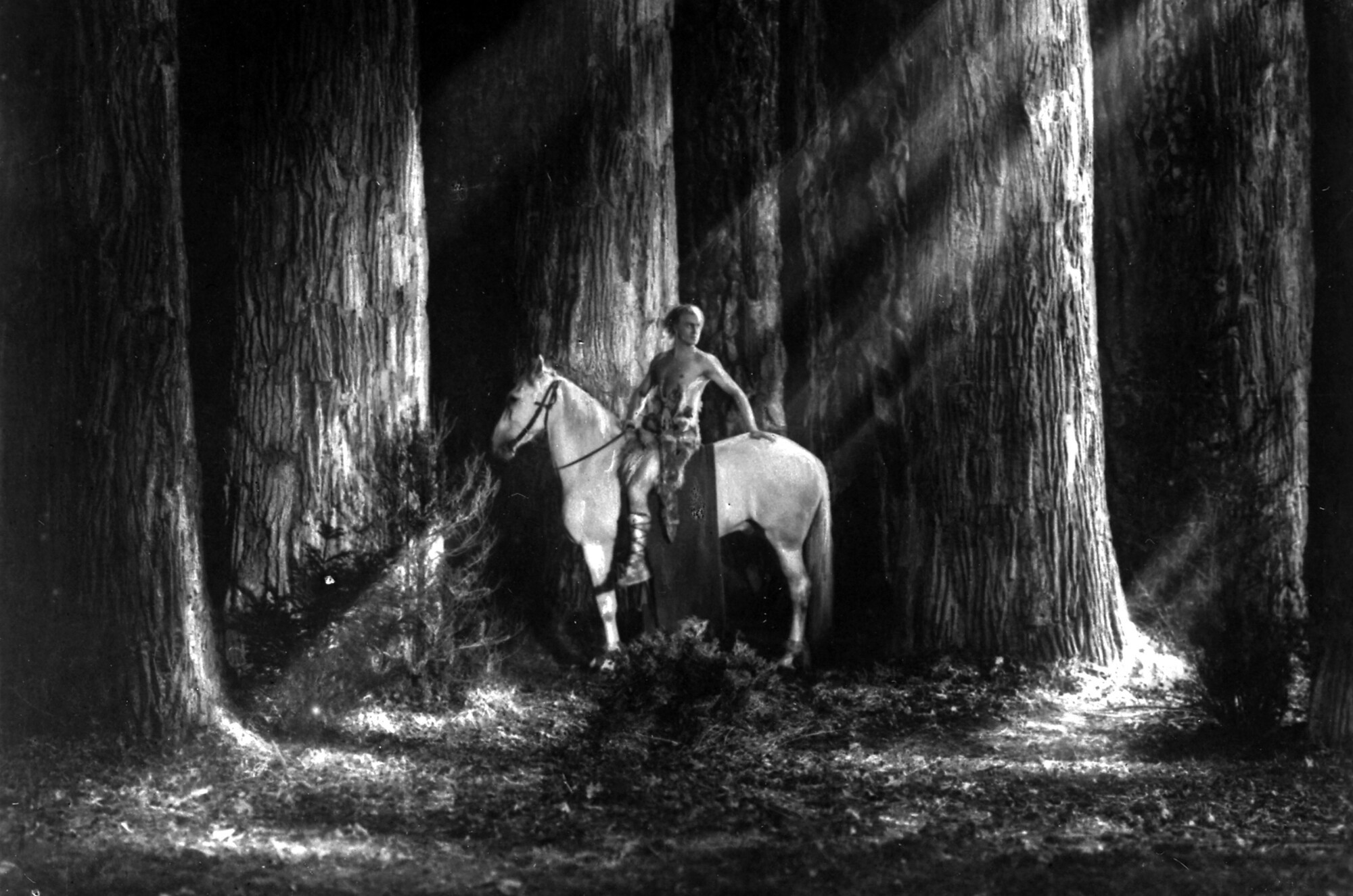“The lush nature had embraced him, wrapping his heart in an oceanic, maternal hold. Hiking along mountain slopes, crossing rivers in small boats, discovering animals, birds, and plants. Picking blackberries and wild strawberries growing anarchically on rugged terrain that belonged to no man. Carving flints and wood to craft primitive weapons with bits of string to hunt small game, walking barefoot silently through the grass to take them by surprise. Playing guitar by the fire in the evening, singing old forgotten folk hymns. Swimming in muddy ponds with other children like him, raised in the same values, the same traditions, and the same rites, under the watchful eyes of counselors, who cared for them like protective older brothers. Dreaming of the softness in a girl’s eyes by a ravine, and rolling in the grass with her, kissing her cheeks and neck with the innocence of young heroes from fables, splendid and naked as statues of antiquity.
On Sunday evenings, the earth and trees gave way to asphalt and concrete. As the youth organization's bus drove through the desolate suburbs to drop the boys off at the foot of their buildings, his heart sank. Entering Paris, he saw endless rows of offices built by the thousands to provide the middle class with stable professional futures. The idea of someday being trapped within the walls of those hideous, soulless, and useless buildings, made of glass, Plexiglas, steel, and plastic, made him want to vomit—or escape into space. Half the time, the sight of them made his nose bleed.
Climbing the five flights of stairs in his building’s elevator, he thought about nature and its cosmic dimension, the vast landscapes stretching endlessly that he had gazed upon, the infinite projections of his imagination over the great empty expanses of meadows and fields.
And his vision crashed against the uniform and domineering facades of the city. Another week of adaptation and dull servitude awaited him—among his classmates, his teachers, his parents. He would be forced to stay under the radar, play the game, participate in the general masquerade, in the hypocrisy of his peers—oversocialized, overadapted, poisoned by social norms.
He would pass each year to the next grade, then his baccalaureate, then his driving license, then his exams when the time came for university, then degree programs, then job interviews—and then it would be salaried work. Over and over, he would have to put on a suit and masks, conform to the prevailing order, stay quiet, blend into the crowd.
A middle manager among middle managers, an employee among employees, a slave among slaves.
The post-industrial service society demanded radical adherence and total abdication of the self from its subjects. His large, empty apartment would be filled with household gadgets—food processors, blenders, vacuum robots, a fitted kitchen, gaming consoles, and a flat-screen TV. His neighbors and colleagues would have the same. They would live the same lives.
Everything had unfolded more or less as expected, with the addition of oversocialization, precariousness brought on by mass unemployment, and insecurity caused by mass immigration.
Sometimes he nostalgically recalled the lost paradise of childhood, the days spent running through fields and playing in the woods, the evenings listening to farmers’ age-old stories in their barns, helping them milk cows and gather the fruits of the earth. Their lives of toil and hardship seemed harder and more grueling than his but so much happier.
The post-industrial urban society offered a range of life experiences inferior in every way—in quality, intensity, and variety—to the daily odyssey of the Virgilian farmer, in communion with eternity and the cosmos under the starry skies of his domain. Rural life appeared to him as a grand Dionysian festival, where work and pleasure intertwined, far from the social hell and urban nightmare.”
Excerpt from my novel UNE JEUNESSE D'EUROPE (A Youth of Europe), 692 pages, published by Les Éditions de la Reine Rouge.
Information and orders: HERE
Image : Paul Richter in Die Nibelungen – Siegfrieds Tod (1. Teil) by Fritz Lang, 1924.

